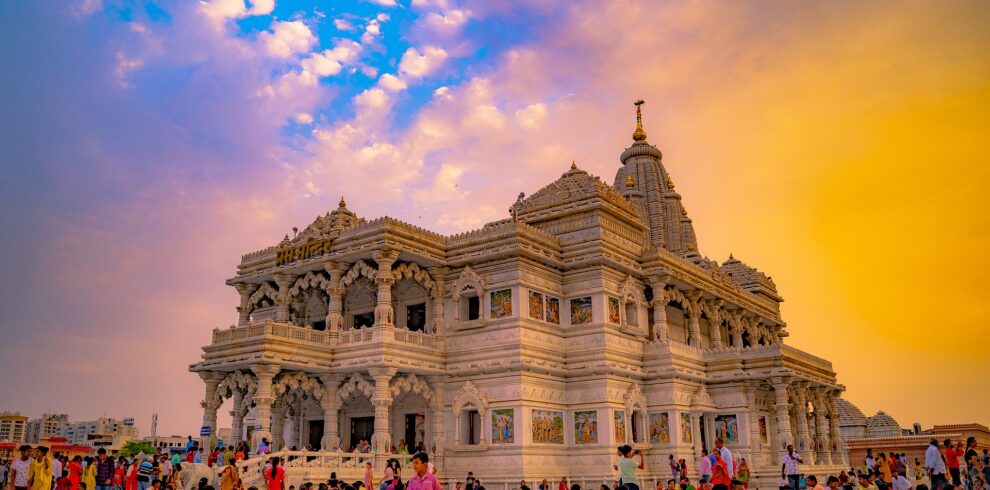Accommodation
Place of Accommodation means any place of business engaged in any sales to the general public and any place that offers services, facilities, privileges, or advantages to the general public or that receives financial support through solicitation of the general public or through governmental subsidy of any kind.Accomodation is the adjustment of hostile individuals or groups to develop temporary working arrangements. Individuals can overcome competition, contravention, and conflict in social relationships. Attaining a stage of equilibrium is the outcome of conflicting social interactions.
Accomodation is an essential aspect of human life, encompassing a wide array of contexts, from residential living to educational settings. It serves as the foundation for our daily activities, providing shelter, comfort, and a sense of security. This comprehensive essay will delve into the different types of accommodation, its role in the tourism and hospitality industry, management practices, legal and ethical considerations, and the significance of educational accommodations.
Types of Accomodation
Residential Accomodations
Residential accomodation refers to places where individuals or families live. This category includes a variety of housing options, each catering to different needs and preferences.
1. Apartments: Apartments are self-contained housing units that occupy part of a building. They range from studio apartments to multi-bedroom units. Apartments are popular in urban areas due to space efficiency and the availability of amenities such as security, gyms, and communal areas.
2. Houses: Houses offer more space and privacy compared to apartments. They can be single-family homes or multi-family dwellings. Houses often come with yards, garages, and multiple rooms, making them ideal for families.
3. Condominiums: Condominiums, or condos, are similar to apartments but are individually owned. Owners have the right to use common areas like pools, gyms, and gardens. Condos combine the benefits of homeownership with the convenience of apartment living.
Temporary Accomodations
Temporary accommodations are used for short-term stays, typically by travelers or people between permanent homes.
1. Hotels and Motels: Hotels offer rooms with varying levels of luxury and services, from budget-friendly options to five-star establishments. They provide amenities such as room service, housekeeping, and concierge services. Motels, typically found along highways, offer basic accommodations for travelers on the go.
2. Hostels: Hostels are budget-friendly accomodations that offer shared rooms and facilities. They are popular among backpackers and young travelers looking for economical lodging options. Hostels often foster a social atmosphere, encouraging interaction among guests.
3. Bed and Breakfasts: Bed and breakfasts (B&Bs) are small establishments that offer overnight lodging and breakfast. They are usually family-owned and provide a homely atmosphere. B&Bs are often located in picturesque areas and cater to travelers seeking a more personal experience.
Special Accomodations
Special accomodations cater to specific groups of people with unique needs.
1. Student Housing: Student housing includes dormitories, shared apartments, and university-owned residences. These accommodations are designed to support students’ academic and social needs, often located near campuses and providing communal spaces for study and interaction.
2. Senior Living Facilities: Senior living facilities include independent living communities, assisted living facilities, and nursing homes. These accomodations provide varying levels of care and support to elderly residents, offering services such as meal preparation, medical care, and social activities.
3. Accessible Accomodations: Accessible accomodations are designed to meet the needs of individuals with disabilities. These can include features such as wheelchair ramps, wide doorways, modified bathrooms, and specialized equipment to ensure accessibility and comfort.
Accomodation in the Tourism and Hospitality Industry
Accomodation plays a pivotal role in the tourism and hospitality industry, shaping the overall experience of travelers. The quality and type of accommodation can significantly impact customer satisfaction and the success of a destination.
Role of Accomodation in Tourism
Accomodation is a critical component of the tourism infrastructure. It provides travelers with a place to rest and rejuvenate, serving as their home away from home. The availability and quality of accomodation can influence a destination’s attractiveness and competitiveness in the tourism market.
1. Economic Impact: The accomodation sector contributes significantly to the economy by generating revenue, creating jobs, and attracting investments. Hotels, resorts, and other lodging establishments drive economic growth in tourist destinations by providing employment opportunities and supporting local businesses.
2. Customer Experience: The quality of accommodation directly affects the overall travel experience.




